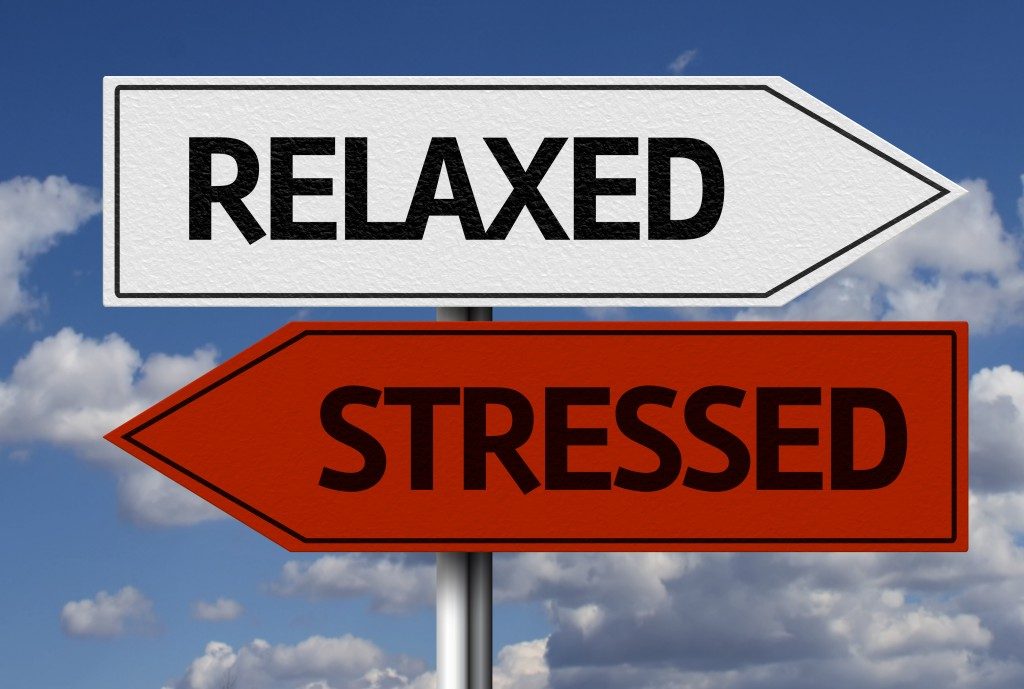It can be difficult to deal with and cope with chronic stress and anxiety. Getting regular massages and getting the appropriate amount of sleep every day can trigger the body’s relaxation response and reduce the overall level of anxiety. Individuals may find it inconvenient to make time for and to schedule an appointment with a massage therapist on an ongoing basis.
A massage chair can serve as the more attractive and suitable option. Inada Dreamwave massage chairs, for instance, provide numerous relaxation benefits, focusing on particular areas of the body to reduce stress.
Fight-or-Flight Response
The fight-or-flight response is an acute stress response or state of hyper-arousal that occurs when the body perceives the individual is at risk for a harmful event or attack. The resulting physiological and psychological response can happen for perceived physical and mental terrors. Stress hormones are released, manifesting as physiological changes in the body. It may lead to shortness of breath, accelerated heart rate, chest pain, and excessive sweating.
Chronic activation of the stress response can contribute to the deterioration of physiological and psychological health. It can increase the risk of high blood pressure and create changes in the brain, potentially leading to anxiety, depression, and addiction.
The body’s development of the fight-or-flight response was an evolutionary response for survival. Individuals were able to quickly react and defend themselves against life-threatening situations by fighting the threat or fleeing to a safer area. Unfortunately, however, individuals may overreact to stressors and have their stress response triggered in situations where life is not threatened.
This exaggerated response is more common and heightened for people suffering from anxiety disorders.
Relaxation Response

The relaxation response is the opposite reaction to fight-or-flight. When triggered, the body releases signals for the muscles and organs to slow down. There is increased blood flow to the brain. This response reverses the effects of the stress response.
Managing Stress
There are several ways to trigger the body’s relaxation response and to manage the negative physiological and psychological effects of stress.
Massage Therapy
Massages can calm individuals down in a stressful situation and provide many other benefits for overall health. Massage therapy serves as a relaxation technique for managing the body’s fight-or-flight response. It increases blood circulation and allows the body to relax by letting go of anxious and fearful thoughts.
Getting regular massages can be an adequate treatment strategy for dealing with chronic stress and anxiety, as it can decrease the severity of these negative responses. In addition, massages can reduce the likelihood that a stress response will be triggered in the first place. They improve emotional resilience and contribute to greater feelings of well-being. The benefits of massages are more pronounced for those suffering from anxiety disorders.
Quality Sleep
Sleep is a process that allows the body to repair damaged tissues and return itself to having a normal level of hormones. A well-rested individual faces a reduced risk of developing a stroke or experiencing heart-related health concerns. Sleep allows the activation of the relaxation response and reduces an individual’s anxieties.
Insufficient sleep can promote negative health effects. Lack of sleep may activate brain regions responsible for excessive worrying and anxiety, increasing the likelihood of triggering the fight-or-flight response.
Individuals suffering from anxiety disorders are especially vulnerable to having their stress responses triggered and to the negative impacts of insufficient sleep.

